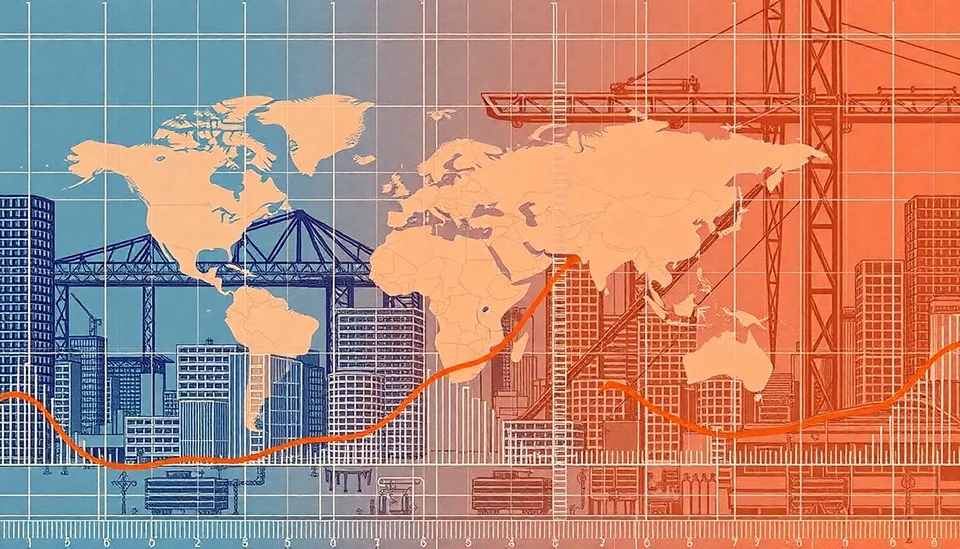
The global economic landscape is undergoing a significant transformation as experts note that rapid growth in manufacturing is no longer the primary driver of economic prosperity. This paradigm shift has been brought into focus by recent analyses highlighting a broader range of contributing factors to economic development in various countries.
Historically, manufacturing growth was seen as the backbone of an economy. It facilitated job creation, increased exports, and boosted investments. However, today's economies are increasingly influenced by technological innovations, service sector expansion, and sustainability initiatives. This evolution raises questions about the sustainability of previous growth models that heavily relied on manufacturing output.
One of the most critical elements in this transitioning economy is the rise of the service sector, which has outpaced the growth of traditional manufacturing. Services such as finance, healthcare, and information technology are playing a crucial role in driving GDP growth and job creation. This shift signifies a maturation of economies, particularly in developed nations where manufacturing may not serve as the primary catalyst for growth as once envisioned.
Moreover, the integration of digital technologies has transformed how businesses operate and compete on a global scale. Automation, artificial intelligence, and e-commerce are not just revolutionizing manufacturing processes but are also enhancing the efficiency and effectiveness of the service sector, taking economic productivity to new heights. This digital evolution has allowed businesses to operate more flexibly and adaptively, aligning them better with market demands.
In conjunction with these trends, sustainability is now a critical factor influencing economic strategies. As global awareness regarding environmental issues rises, countries are pivoting towards greener technologies and practices, squeezing traditional manufacturing systems. The need for sustainable practices has birthed new markets and sectors focused on renewable energy, waste management, and eco-friendly products, thereby contributing to economic growth in novel ways.
However, these changes come with challenges. The rapid evolution of the economy necessitates upskilling the workforce to thrive in a world increasingly defined by automation and advanced services. Countries must prioritize education and training to ensure that their labor forces are equipped with the skills essential for competing in a technology-driven economy.
As global markets continue to adapt, policymakers are tasked with re-evaluating their economic frameworks and recognizing that fostering a robust service sector alongside innovative manufacturing practices is essential for long-term stability and growth. This pivotal moment in economic history urges both developed and developing nations to reconsider their growth strategies and embrace diversification in their approach to economic development.
In conclusion, while manufacturing remains an important component of the global economy, it is evident that its influence is waning in comparison to other sectors. The future of economic growth lies in a more balanced approach that appreciates the integral roles played by services, technology, and sustainability.
#GlobalEconomy #Manufacturing #Sustainability #EconomicGrowth #ServiceSector #Technology #Automation #WorkforceDevelopment #EconomicPolicy #DigitalTransformation
Author: Daniel Foster




